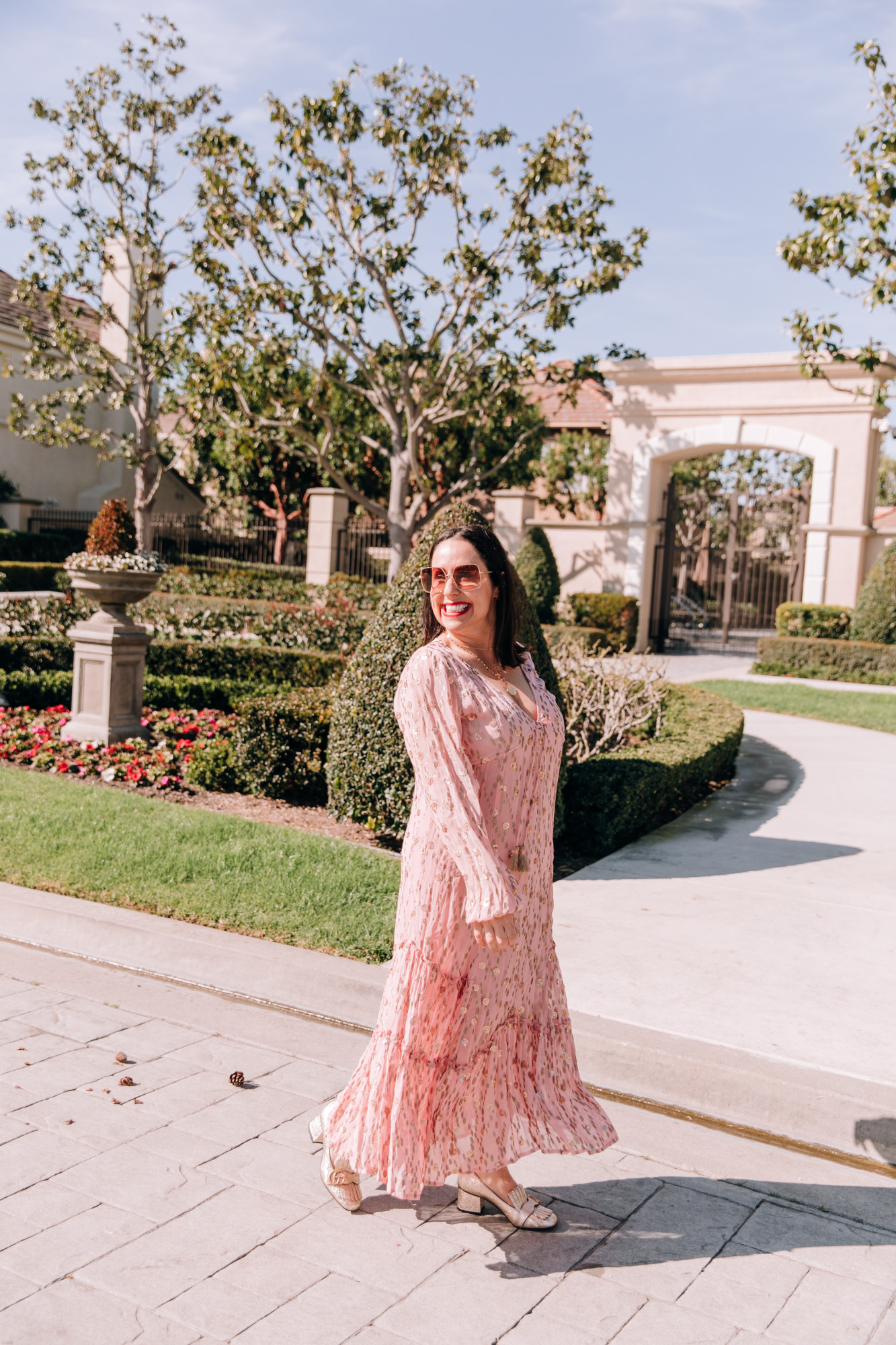
So let me be transparent for a minute. The past few days have been scary. This uncertain time of the unknown and social distancing is just so hard. I have had anxiety my entire life and this situation has put my anxiety into overload. I’m worried about my cute little 94 year old dad, as well as my 14 year old Zachary who has severe asthma and is in this at risk population.
I have been seeing an amazing therapist to manage my anxiety after my mom passed for the past 3 years. She has changed my life. I contacted her yesterday and wanted to share with you some anxiety reducing tips that are really helping me right now. So here are some really important tips if you have increased anxiety like I do at a time like this–
The fear about COVID-19 is rampant. Please exhale.
For a simple, but helpful exercise to decrease fear and feel more relaxed. do the following
1) Exhale out twice as long as you inhale for increased relaxation
2) Close your eyes and as you inhale lift your eyes as if looking at the top of your head.
3) As you exhale drop your eyes as iff looking at your toes.
TIP. Do this for 5 mins to feel calmer or if lying down at night, to fall asleep faster.
Try this simple method to quiet your automatic negative thoughts and worries at night.
Journal once per day for 5-10 minutes
Create 3 columns in your journal notebook
Columns
1) Worries/Concerns.
- 2) Your feelings about your worries/concerns in 2-5 adjectives (moreis just wallowing in the fears and making them worse. Denying ornot acknowledging the feelings also makes the anxiety worse.
- 3) Brainstorming/Ideas
Open your journal and enter your information daily for 5-10mins. Each day, during the DAY! Do this before dinner to train your brain to deal with this during the daytime, when you are more alert NOT at night! Practice daily for one week and it should decrease your automatic negative thoughts and worries at night. Hopefully allowing you to sleep better.
Please SLEEP!!!!
Lack of sleep can affect your immune system. Studies show that people who don’t get quality sleep or enough sleep are more likely to get sick after being exposed to a virus, such as a common cold virus. Lack of sleep can also affect how fast you recover if you do get sick.
During sleep, your immune system releases proteins called cytokines, some of which help promote sleep. Certain cytokines need to increase when you have an infection or inflammation, or when you’re under stress. Sleep deprivation may decrease production of these protective cytokines. In addition, infection- fighting antibodies and cells are reduced during periods when you don’t get enough sleep.
So, your body needs sleep to fight infectious diseases. Long-term lack of sleep also increases your risk of obesity, diabetes, and heart and blood vessel (cardiovascular) disease.
How much sleep do you need to bolster your immune system? The optimal amount of sleep for most adults is seven to eight hours of good sleep each night. Teenagers need nine to 10 hours of sleep. School-aged children may need 10 or more hours of sleep. Eric J. Olson, M.D.,Mayo Clinic Website
Be aware you can pass along the virus before and after you have symptoms. Do your part to avoid spreading the virus for yourself, your family and your community
Shirley Furman, PMHNP
Psychiatric/Mental Health Nurse Practitioner
Website: ShirleyFurmanHealing.com
I hope these tips help you. Shirley is such an incredible therapist and these are game changing tips. So try them out and let me know what you think!!! Happy Reading!!!


